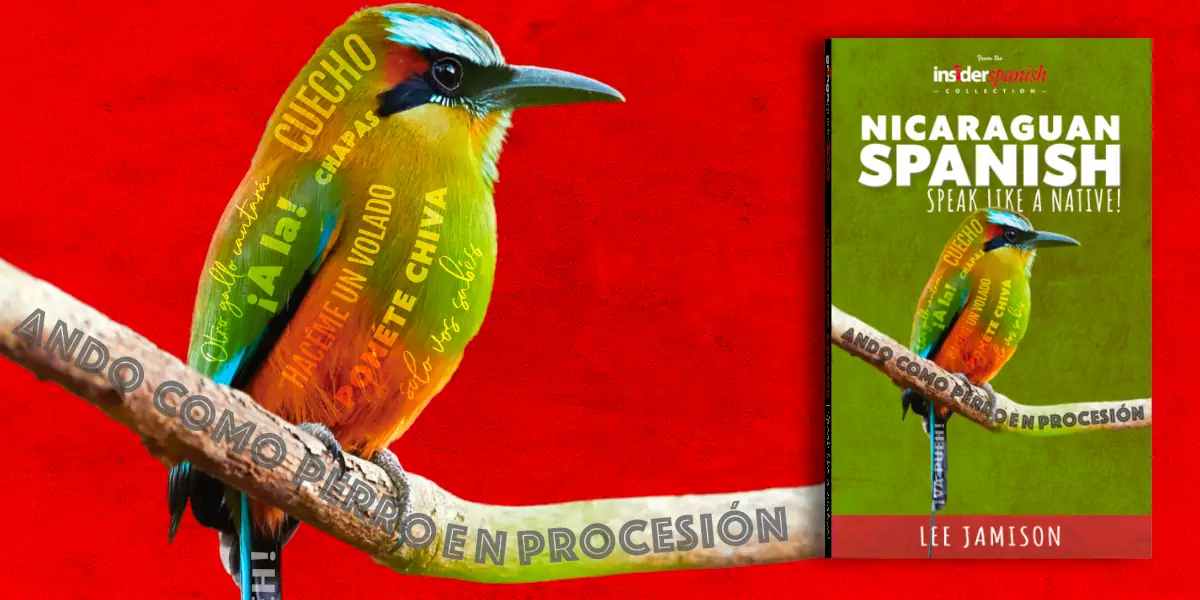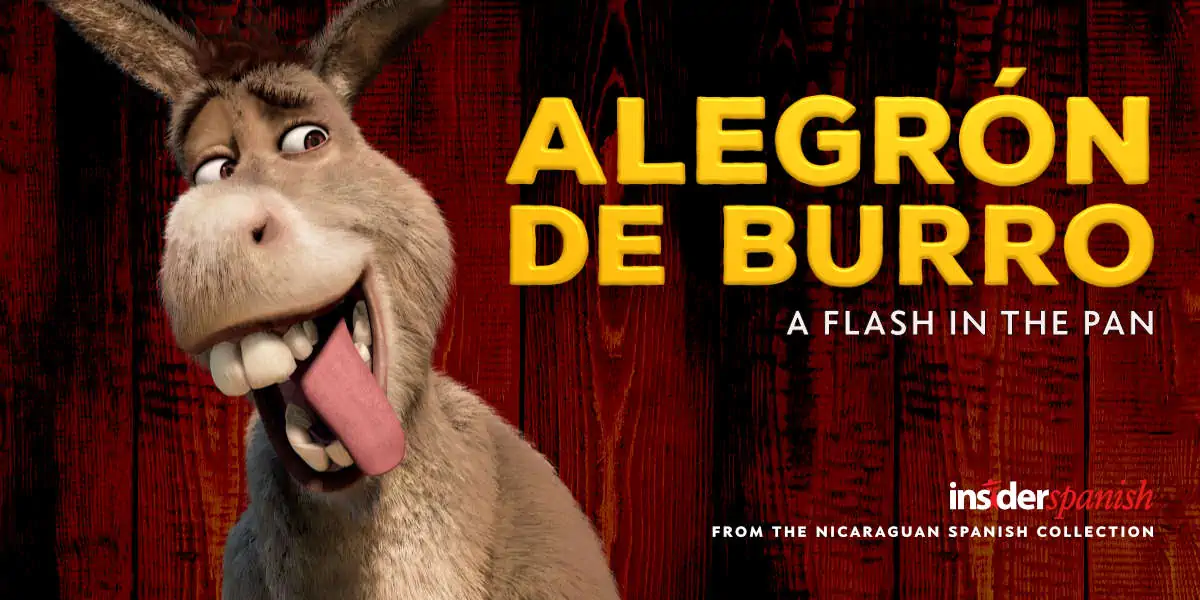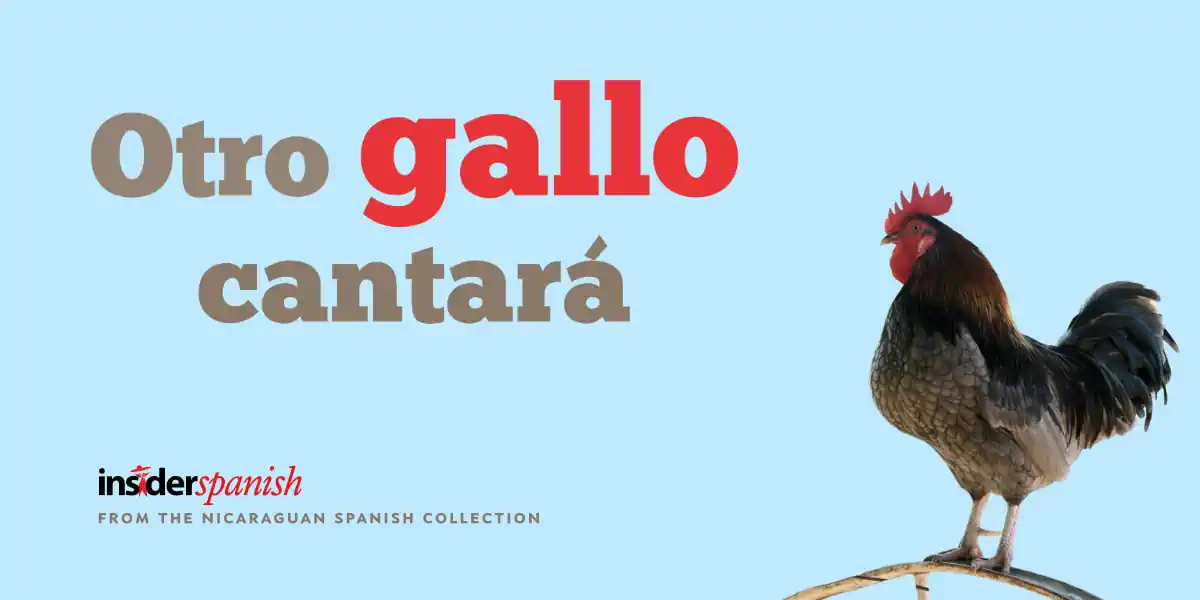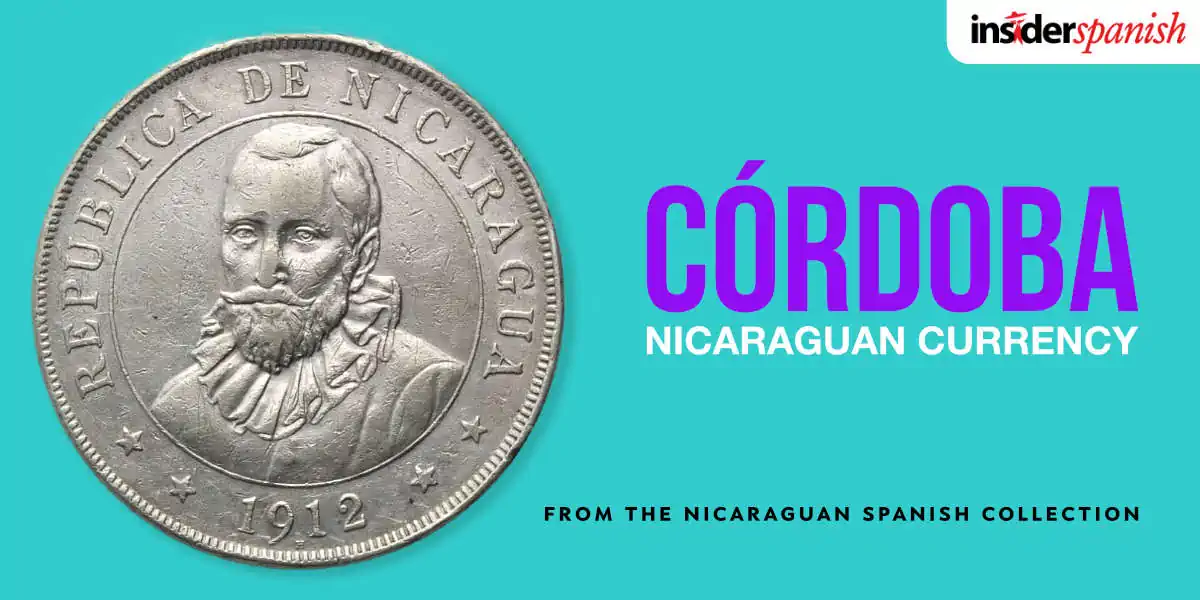How is Nicaraguan Spanish different from other Spanish variations?
Nicaraguan Spanish has a different pronunciation. One characteristic of Nicaraguan Spanish pronunciation is the marked tendency to cut off word endings.
Image by vectorpocket on Freepik
Nicaraguan Spanish uses a different vocabulary
Take the followings three examples:
1. cuecho
👅 In generic Spanish the word for gossip is chisme. But Nicaraguans have the juicier cuecho. Try this: If you see two locals talking to each another, walk by and say with a smile:
⚽ ¡Eso es puro cuecho!
🏈 I know what you two are gossiping about!
2. jaña
💘 While the standard Spanish word for girlfriend is novia, Nicaraguans prefer jaña. One creative writer speaking of what a person could do with a pair of expensive tennis shoes, suggested:
⚽ Cuando están lavaditas, bien podés visitar a tu jaña, sacarla a pasear, ir a bacanalear, llevarla a cine, e ir a comer pizza.
🏈 When they are nice and washed, you might as well visit your girlfriend, take her out for a spin, go to wild parties, take her to the movies, and go eat pizza.
3. lampazo
🧹 Need to mop the floor? In many countries you might ask for a trapeador, but not in Nicaragua. Here this cleaning utensil is known as a lampazo, and it comes with its own verb: lampacear.
⚽ Juanita, ¿cuándo vas a lampacear el piso?
🏈 Juanita, when are you going to mop the floor?
Nicaraguan Spanish has a different pronunciation
One characteristic of Nicaraguan Spanish pronunciation is the marked tendency to cut off word endings. This is a feature it shares with most varieties of Caribbean Spanish. For example, instead of eating arroz y frijoles (rice and beans), what you really hear is arro’ y frijole’. Consequently, if you want to sound Nicaraguan, just skip those finally s’s.
You might also hear a mother hurrying her tardy child off to school. She might yell: “Apuráte, vos. Vas a perder el bus.” (Hurry up, you’re going to miss the bus.) Once again, what you will hear in real life is: “Apuráte, vo. Vas a perder el bu.”
Additionally, there are certain words traditionally mispronounced among a large sector of the population. For example, instead of eating a pizza (PEET-suh), you will hear it pronounced as PEEK-suh locally. Similarly, a Nicaraguan may take a dip in a piscina, or swimming pool, but he pronounces it as PEEK-see-nah. He will plug his fan into an electrical outlet, known in Spanish as an enchufe (en-CHOO-fay). But for some reason, he pronounces it with an L (en-CHOO-flay).
Nicaraguan Spanish has its own sayings
Take these three colorful examples:
1. El que se quema con la leche, hasta la cuajada sopla.
🥛 In rural Nicaragua, where cattle are abundant, many farmers drink hot milk in the morning with their breakfast. Of course, if they don’t blow on their first sips of milk, they can burn their mouths. After that, they could become so gun shy that they would go to the extreme of blowing on cuajada, which is a type of cheese that is always served cold. Essentially, this saying means: You’re paranoid!
2. a precio de huate mojado
🌽 Corn stalks are known in Nicaragua as huate. If they produce no corn and dry up, then get wet, they would be practically worthless. If someone is selling you something a precio de huate mojado, they are giving it to you at a bargain basement price.
⚽ Mira mi nuevo radio. Me lo dieron a precio de huate mojado.
🏈 Check out my new radio. I got it dirt cheap.
3. Más se perdió en la guerra.
💣 During the 1980s Nicaragua was a war zone and thousands lost their lives in a terrifying civil war. So they can definitely identify with the kinds of losses that accompany warfare. If someone accidentally spills a plate of food or breaks some item around the home, someone may respond: Más se perdió en la guerra. They are basically saying: “Don’t worry about it.” It is similar to: “Don’t cry over spilt milk.” Hence, don’t be fooled! Not all Spanishes are created alike! Learn to enjoy the idiosyncrasies of each country you visit and take on the challenge of speaking like a native? And, why not? Go out out and buy yourself a tasty slice of PEEK-suh!
#Ad
Get the Ultimate Guide to
Nicaraguan Spanish!

THINK YOU know Spanish? Think again! The moment you land in Nicaragua you will be bombarded with words, phrases, and sayings typical of the country's creative-minded inhabitants. What does it all mean? Come with us on a thrilling adventure through 200 of the most common expressions. And learn some history and culture on the way! We don't teach you Spanish; we teach you how to make your Spanish more Nicaraguan! The Insider Spanish series of books have sold thousands of copies the world over. Our guidebooks are not meant to teach you basic Spanish, but rather to tailor your Spanish to the spoken idiosyncrasies of each Spanish-speaking country. Get your copy today! Available in print and Kindle versions.





